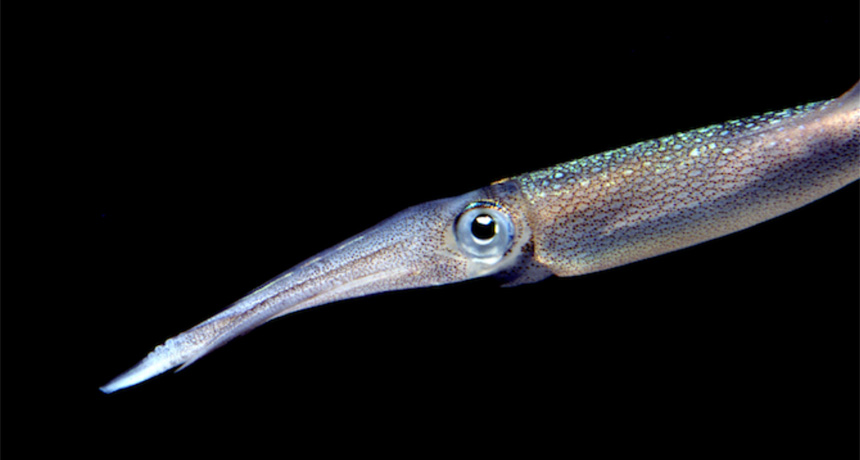Teacher’s Questions for Secret Signals

Chemicals called pheromones act as messengers between individuals. Many plants and animals — including squid — respond to such secret chemical signals.
Roger Hanlon, Marine Biological Laboratory, Woods Hole, MA